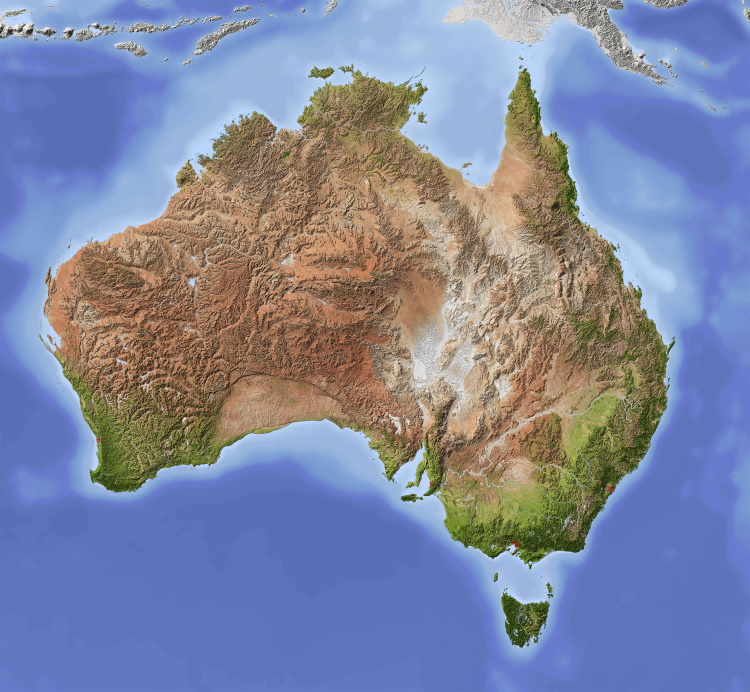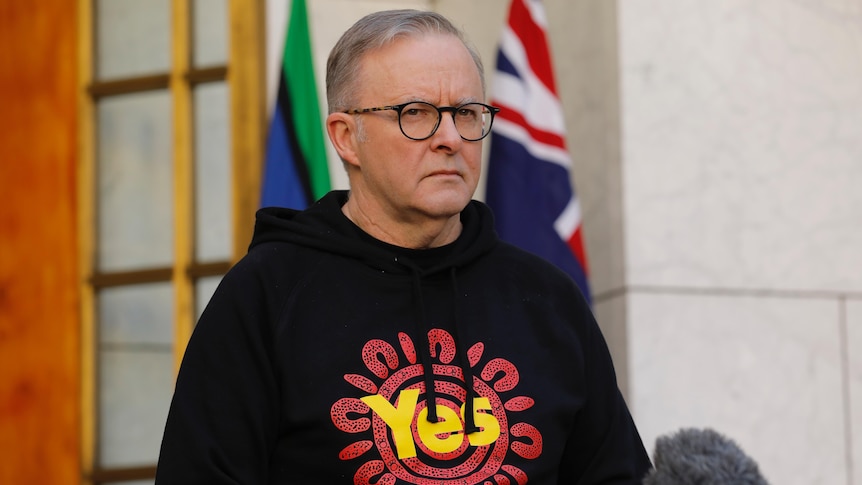Think the unfortunate reality is that the No Vote is all but certain to get up. Unless the Yes Campaign can really shift the vote which is hard to do at this point.
This is probably a good attitude to take. There have been plenty of cases in recent voting where a “sure thing” failed because either the pundits were wrong, or people believed the pundits and didn’t even try.
According to the Experts;
- Hillary was going to win in 2016.
- The Orange blob had successfully fucked up US democracy enough to win in 2020.
- Dan Andrews was going to be voted out in his last two elections.
- ScoMo was going to win the last election.
- The Liberal Party was going to win in NSW.
Just because the “Experts” say that something is guaranteed, they aren’t actually able to guarantee anything.
There should be something like Heisenbergs Uncertainty Principle for politics (and movie reviews). By observing, analysing and publishing, pundits will (and are probably trying to) affect the outcome.
Sadly though referendums are very difficult to pass due to requiring a super majority or whatever, the majority of the majority of people in states. The polls are pretty grim, I don’t think it’s likely at all.
And people voting in the NT and ACT only contribute to the population majority not the state majority. Feels like we need to change our referendum rules.
The polls are not looking good. But I wonder if those polls are capturing younger people, who are harder to reach via traditional sampling methods. Also a lot of undecided and ‘soft’ yes / no voters still as well and these votes could determine the result. A lot of people will also tune in last minute and decide on the day.
There should be something like Heisenbergs Uncertainty Principle for politics (and movie reviews). By observing, analysing and publishing, pundits will (and are probably trying to) affect the outcome.
There is actually something to that. Statisticians look for correlations in voting trends to help predict future results. For instance, some analyst finds that one suburb in Michigan strongly represents the results of every election for the past 50 years. So, the news media picks up on the story and uses that to talk about how the candidates stack up in that suburb. This makes the candidates focus heavily on that suburb, so that the news will say their campaign is strong, which makes people think they are a good candidate, so they get more votes. But candidates could be hyperfocused on the one suburb and don’t bother polling the surrounding counties where they have fallen far behind. All it takes is for some people who haven’t traditionally voted in large numbers to show up at the polls, and the campaign is caught sleeping.
According to the Experts
I don’t recall “the experts” guaranteeing any of the things you listed would happen.
When I checked the weather report this morning, it said 20% chance of rain. It hasn’t rained yet, but it might later. But rain or no rain the weather report was accurate.
If it was possible to predict the outcome of an election, there wouldn’t be any point having an election at all. The other candidates would save themselves all the money and effort by just not competing at all. Similarly, if the yes/no vote had an obvious winner it would have unilateral support by both major parties.
Sorry, I should not have referred to them as “Experts”. “Highly funded self-appointed blowhards” would be a more accurate description.
deleted by creator
Hey, just a little nudge, if you’re keen to chat about the Voice to Parliament, we’ve got this corker of a megathread where we can all have a good chinwag in one spot. But if you’re not up for that, no worries, it’s business as usual. Gotta keep things fair dinkum!
This is the best summary I could come up with:
This week we witnessed the beginning of that management when Anthony Albanese started framing what he might say if the nation votes No on October 14.
The prime minister told the Guardian’s politics podcast that pressing ahead with the referendum will have been worth it even if Australians reject the Voice on October 14 because it has brought Indigenous disadvantage front and centre in the national conversation.
To be fair, the PM is fighting to the bitter end for every vote he can get for the Yes campaign, but inside senior Labor ranks there is increasingly a feeling that the response to a No result must be carefully considered and constructed.
He said Australia’s Indigenous people are not “yet like our New Zealand friends who have brought the cultures of the Māori and the Pakeha together”.
Some have blamed the government for putting forward a referendum that has allowed racism to be given a megaphone, online particularly.
The problems the legacy of colonisation has caused Australia’s First Nations people won’t disappear on October 15.
The original article contains 617 words, the summary contains 171 words. Saved 72%. I’m a bot and I’m open source!
I suspect this is going to turn out pretty well for Albanese.
If he won, he’d have a great notch on his record in term 1, but it might have energised some in the party challenging his careful politics.
With such a simple thing as a toothless advisory committee being blown into a crazy worldwide conspiracy, it vindicates his strategy of not giving the media anything “radical” to latch on to.







